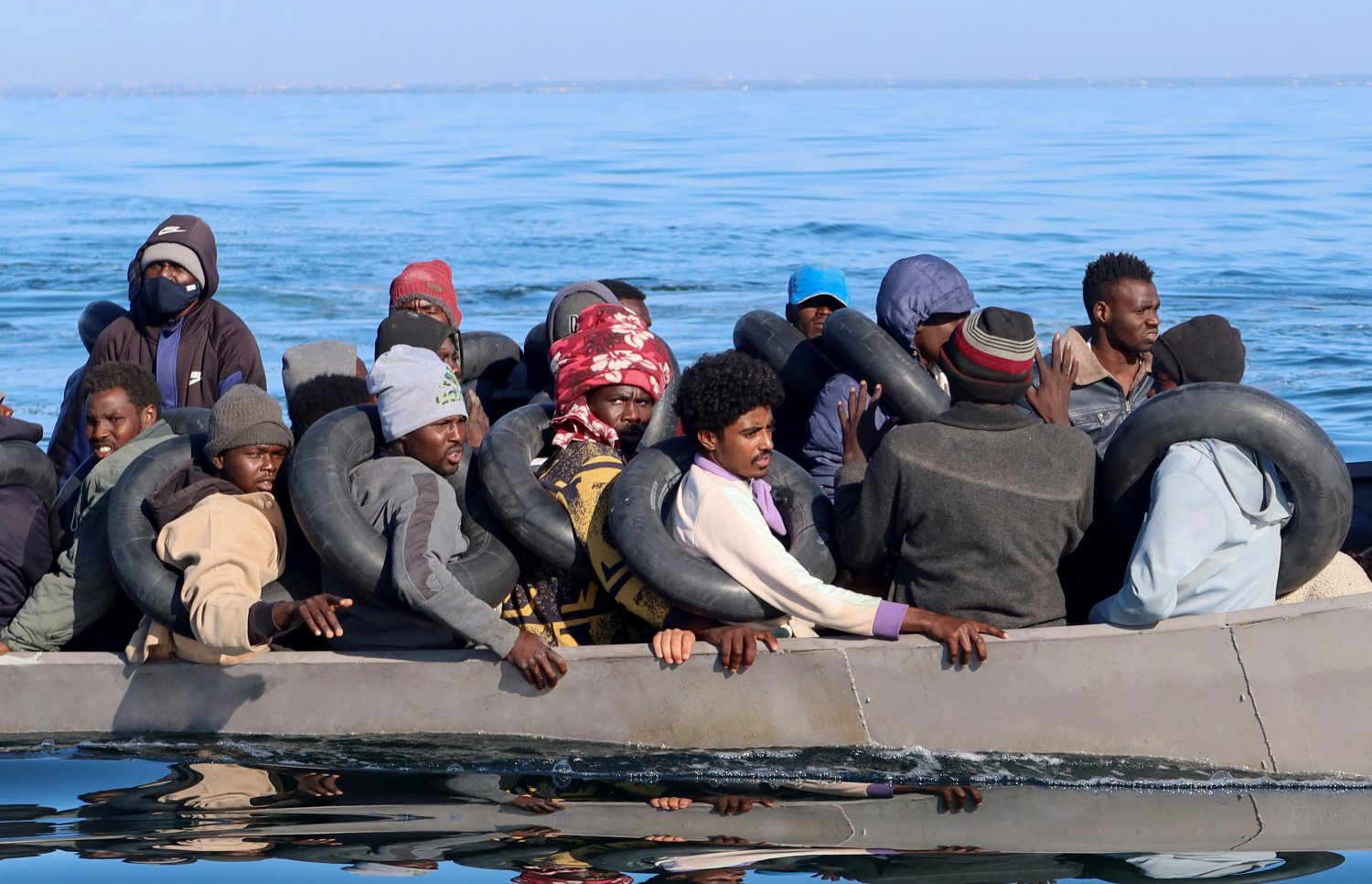By Shanzay Saeed/ HR Gardezi
ISLAMABAD, Aug 27 (APP) ::Pakistan’s economic woes, especially soaring inflation, have triggered a wave of unprecedented migration, forcing numerous families with the agonizing choice of leaving their homeland for the promise of a better future.
This migration, characterized by its sheer scale and desperation, reflects a collective yearning for survival and a glimmer of hope to address high cost of living. From skilled professionals to daily-wage labourers, each person opting to leave the country carries a story of shattered dreams and the unrelenting quest for a sustainable livelihood.
Recent statistics shared by the National Database and Registration Authority (NADRA) paint a sobering picture. Over the span of five working days, more than two hundred thousand people apply for visas, while over half a million have bid farewell to their homeland in the past six months alone.
The harsh reality of a constrained job market, often restricted by networks of privilege, has ignited frustration among the educated youth. “I deserve recognition for my abilities, not for the connections I possess,” voiced Taimur Furqan, a graduate from the National Defence University, who is now seeking opportunities overseas in pursuit of his future which he sees bleak in his country,
Dr. Sajid Amin, an economist, shed light on the dire situation, noting that a fragile economy often confines youth to underpaid, and uninspiring jobs. This predicament poses even graver challenges for working women and the salaried class, as these low-quality jobs disproportionately impact these groups.
“The convergence of these distressing factors leads to a troubling reality: mass migration, and worse, illegal migration. When hopes are dashed and potential goes unrealized, escaping becomes a necessity. This isn’t just for the educated elite; it’s also impacting the lower socioeconomic strata. Economic and political uncertainties from the last two decades continue to take their toll”, Sajid observed.
Amid the eco-political uncertainty, the Federal Investigation Agency (FIA) has been grappling with an increasing number of fake visa agents, human smugglers, and human traffickers. Over the last few years, the agency has made thousands of arrests, thwarting illegal migrations and deporting many from European shores. As one FIA official lamented, “While we are working diligently to counter these cases, the unfortunate reality is that if our economic crisis persists, these numbers might surge.”
As Komal Naqvi, a graduate from COMSATS University, succinctly put it, “Even the simplest joys turn bitter when separated from family,” a sentiment she shares from her position working in Italy since May 2023.
Faizan Sheikh, a seasoned consultant with over 25 years of experience, has revealed a significant shift in his clientele. He has noticed a substantial increase in the number of individuals visiting his office in a mere six months, a change he hadn’t witnessed over the past decade.
In his observation, Sheikh points towards the influence of social media in Western countries, which has been instrumental in generating job opportunities for the overseas that require physical presence. Interestingly, citizens of developed nations are increasingly opting for online work, a practice that demands fewer resources while yielding higher earnings.
Additionally, Sheikh attributes the current wave of emigration to the favorable success rates among applicants. He highlights the popularity of work visas for Canada, study programs in the UK, and job-seeking opportunities in Germany. These factors underscore the dynamic forces shaping the decisions of those seeking greener pastures overseas.
For those struggling to meet even basic needs, stability becomes the ultimate goal, regardless of the means. Arbaz Rabab Khan, a private visa agent, noted that a significant number of visa applicants come from lower-income backgrounds. Driven by challenging conditions at home, the choice between survival there and relocation abroad, even at a high cost, becomes a torment. Visa applications have notably surged over the last two years, he shared.
Majority of the politicians from all political parties believe and claim that Pakistan’s bleak economic landscape doesn’t operate in isolation; it is inextricably linked to the nation’s political instability. This pairing, they say, creates a potent recipe for disaster. With a crippled economy, an uncertain market, diminishing job security, and compounded by political turmoil, Pakistan may face the alarming threat of losing its skilled workforce to foreign shores in near future.
Addressing Pakistani immigration influx necessitates a holistic strategy carrying sustainable economic policies, along with job creation, political stability, and educational enhancement as pivotal to retain talent and create a promising future within the country.





